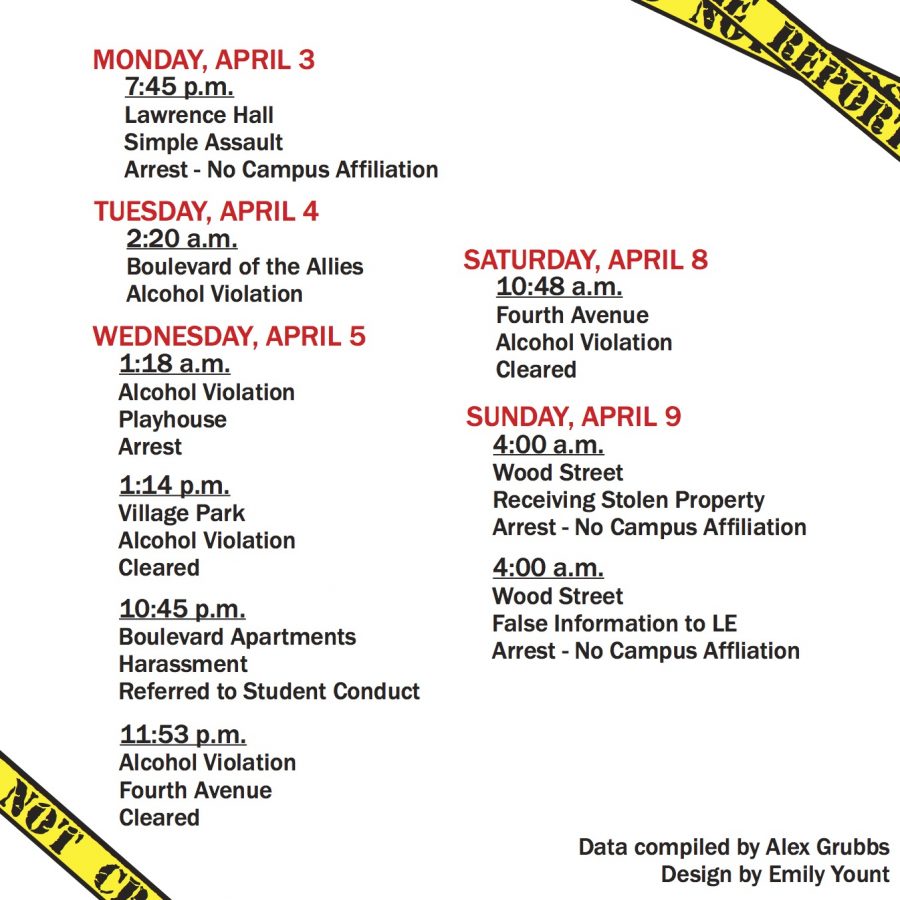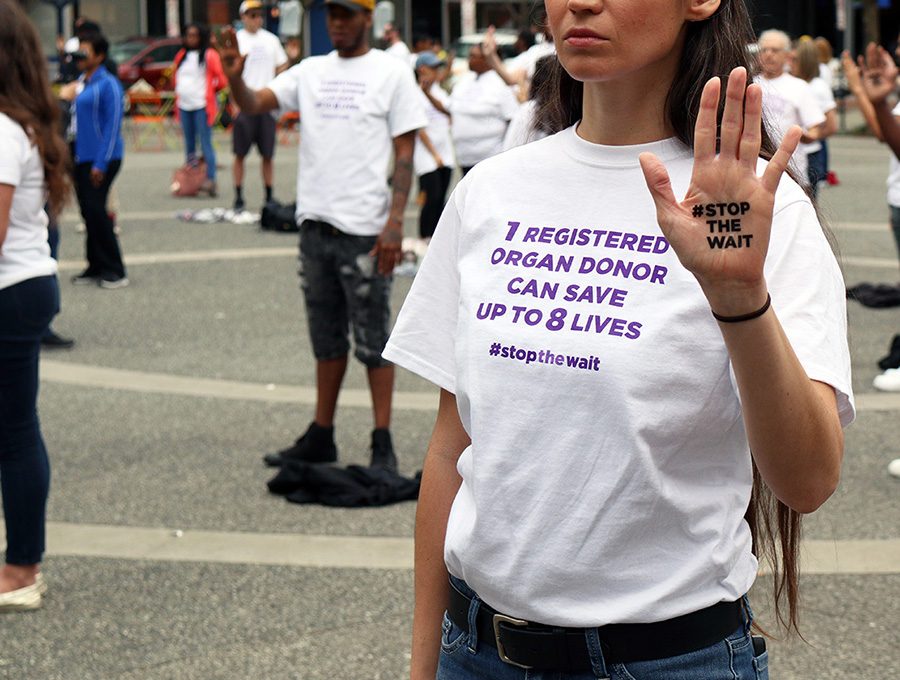The average college student goes to his or her internship every day, working sometimes up to twelve hours for the “experience.” Although no one wants to work for free, millions of college students do it every day. In exchange for credits, which they have to pay for, they get the satisfaction of knowing they can put a title on their resume. Although these internships sometimes offer wonderful learning opportunities, companies also get work without having to pay anyone. Unpaid internships are becoming an epidemic, not only in Pittsburgh, but nationwide. Companies are firing paid workers and hiring unpaid students to do a paid employees job. Ironically, job opportunities for young people are decreasing, while unpaid internships are climbing fast. Leading federal and state regulators are confident that an abundant number of internships break minimum wage laws.”Companies are getting rid of jobs and turning them into internships,” Carol Greco, a career preparation seminar professor at Point Park University stated. “They [the companies] are saving money by letting employees go and giving their job responsibilities to the unpaid interns.”A report that was launched by the Institute for Public Policy Research in July 2010 was one of the first to argue for fair wages for unpaid interns. It called to attention that employers, often in the media, fashion, and political industries, administer internships for no pay. The report received widespread media attention because it said these acts made by the companies were unlawful. Unions across the country are campaigning in many unique ways to support interns, declaring they should get compensation for their hard-earned work. The Labor Department asserted they are fiercely investigating companies that have unpaid interns and are implementing efforts to teach students, colleges, and firms about laws concerning internships.”I think it’s unfair and unethical I don’t get paid for my internship,” Natika-Faith Ecklund, a senior advertising and public relations student at Point Park University stated. “I put in many long hours for my internship while working two other jobs, playing college softball, and trying to earn a degree. My time is of the essence. I’d rather be earning money somewhere than putting in wasted hours at a place where I’m not learning anything valuable.”Like Ecklund, many other students agree the work they do should be rightfully compensated. A haunting multitude of students also said their internships involved work that had nothing to do with their major. “I had a marketing and communications internship at a small firm, and all I did was file papers and insert information into databases for my advisor,” an anonymous Point Park University student stated. “I didn’t get paid, and I acted as their secretary.”Internships involving inadequate labor for students where the training includes non-educational, unskilled work is without a doubt illegal according to the federal criteria defining the legality of unpaid internships. Part of the six federal criteria states training given in the internship must be similar to what would be given in an educational setting, and the training should be beneficial to the student. An abundant number of officials say violations are extensive and very common all over the United States, but it is very difficult to do anything about it because interns are scared to come forward with dissatisfactions and grievances. A vast majority of unpaid interns even abstained from giving their name or employer’s name while telling about experiences in their internship because they were afraid it would affect their future careers. “To have students working and not getting paid is exploiting the student,” Nick Maurizi, Pitt Law student and owner of National Gold Exchange Jewelry store stated. “It’s a win-win for the company they’re working for because it’s free labor. Then, to make it even worse, the student has to pay the school for their earned credits. The company the student is working for should at least help the student pay for his or her credits.” Undoubtedly, internships, paid or unpaid, are progressive whereas they give students opportunities they wouldn’t receive otherwise. “23 to 28 percent of internships turn into jobs,” Greco stated. “Even older people that are getting fired are now taking internships because they see the value.””Internships, although two thirds are unpaid, give students learning experience. They enable students to learn more about themselves and what they can accomplish with a team. Even if they have a bad internship, it can still tell them what they don’t want to do. Your degree is not what matters anymore. She said, “60 percent of graduates are not working in their field. It’s what you do with your passion that is more vital.”









